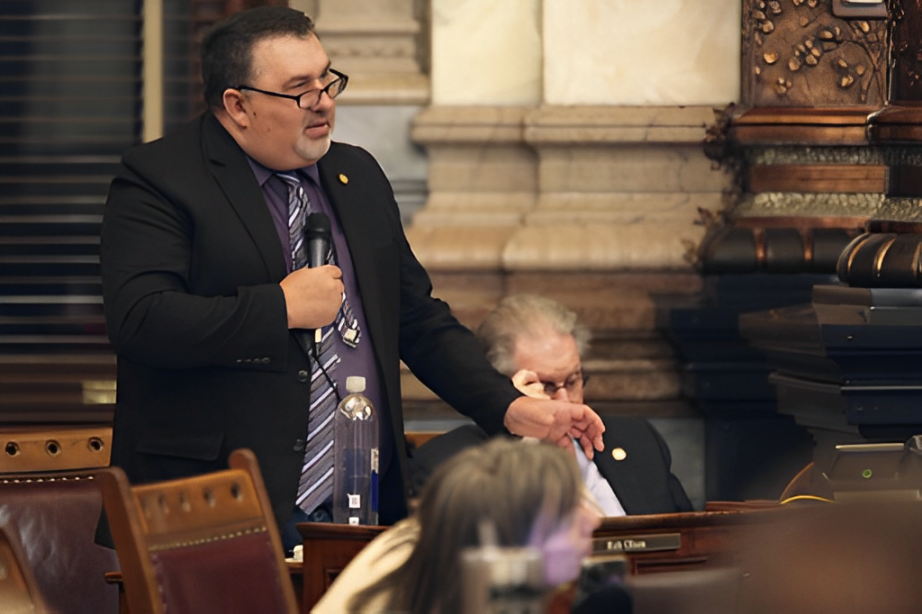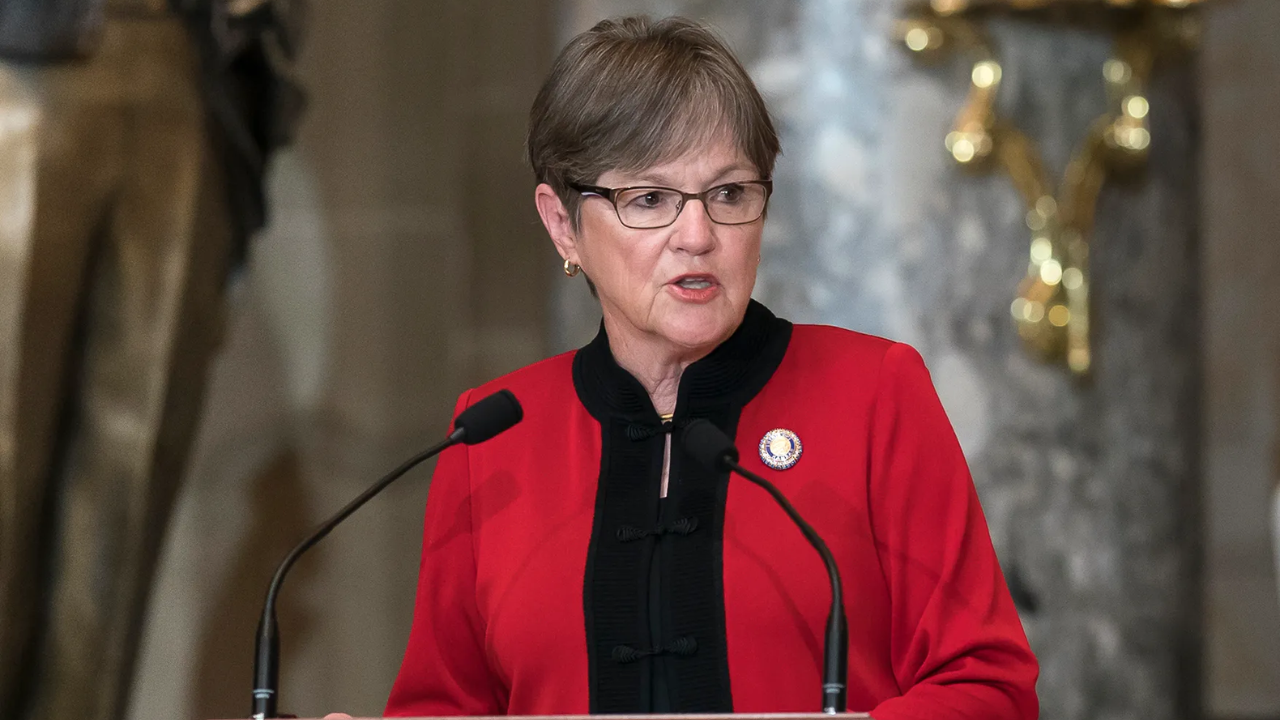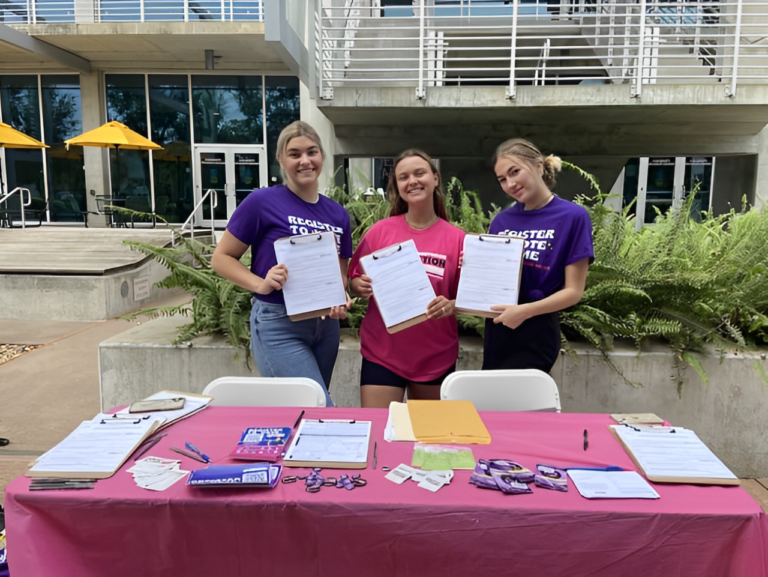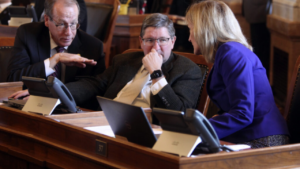TOPEKA, KS – Elected leaders in Kansas are preparing to engage in a critical debate over tax cuts during an upcoming special legislative session. Governor Laura Kelly’s announcement of convening legislators underscores the urgency of finding a consensus-driven tax reform plan that addresses both fiscal responsibility and the needs of Kansas residents.
The focal point of contention revolves around the magnitude and scope of proposed tax reductions, with significant implications for the state’s budgetary outlook. Legislators forwarded a tax reform proposal on the final day of their legislative session, projecting an annual cost of approximately $468 million. Governor Kelly, however, vetoed this proposal, expressing reservations about its potential adverse effects on the state’s long-term financial stability.

At the heart of the debate lie nuanced disagreements regarding various components of tax reform. These include deliberations on the optimal number of income tax brackets, strategies for property tax alleviation, and the extension of vital tax credits, notably childcare tax credits for parents. Despite these divergent viewpoints, there exists a shared agreement on certain measures, such as exempting income from social security benefits and accelerating the timeline for reducing the state’s sales tax on food to July 2024.
Read More: Kansas Lawmaker’s DUI and Gun Crime: A Lesson in Leadership and Consequences!
This Famous New Restaurant in New York City Hired Only the Best Cooks: Church Women!
A Teenage Driver Known as “Squeeze Benz” Was Caught and Faces Several Charges!
Navigating these complexities requires a delicate balance between fostering economic growth and ensuring adequate funding for essential government services. The task ahead demands thorough deliberation and collaboration among lawmakers to craft a tax reform framework that not only stimulates economic prosperity but also safeguards the state’s financial integrity. As stakeholders anticipate the deliberations of the special session, optimism prevails that constructive dialogue and bipartisan cooperation will pave the way for the formulation of a tax reform plan that serves the best interests of all Kansans.







+ There are no comments
Add yours